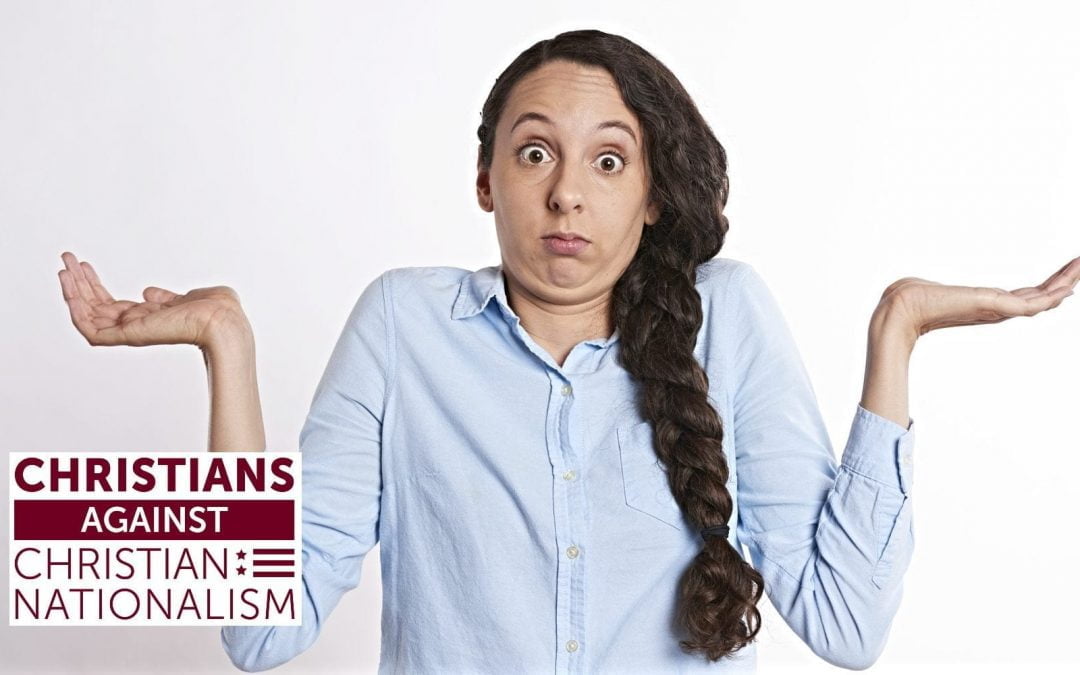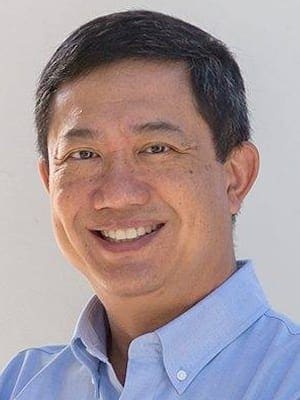Hundreds of tiki torch-carrying, Nazi flag-waving, KKK-sympathizing white nationalists/supremacists terrorized University of Virginia students and the city of Charlottesville on Aug. 11-12, 2017, capturing the world’s attention.
In the days and weeks afterward, many in our city denounced the white supremacist rally.
They proclaimed “#ThisIsNotUs!” and blamed “hateful, racist outsiders” for invading the city and tarnishing the genteel and progressive reputation of Charlottesville.
But most black Charlottesville citizens were not shocked by the rally. Indeed, they pushed back and said, “No, white supremacists didn’t invade us. This IS us! The main organizer of the ‘Unite the Right’ rally is a Charlottesville native and a UVA graduate. Systemic racism has been with us for four centuries. Many whites just choose not to see it.”
The rally of Aug. 12 revealed not only the racial hatred that was present among us, it also revealed that many of us have been blind to the injustice and suffering right before our eyes.
In the months since, many of us began a painful journey of waking up and seeing the prejudiced ideas, the whitewashed history, the oppressive power structures and the racist policies throughout U.S. history.
We’ve also seen how the white American church has been complicit in racism and is susceptible to the temptation of white nationalism.
As we read books and engaged in hard conversations, we’ve often asked ourselves, “Why haven’t we seen this, learned about this, been aware of this, until now?”
One reason for our blindness is what Professor Peggy McIntosh calls “white privilege,” a set of unearned, largely unacknowledged and taken for granted advantages that benefit a white person in America.
Benefits such as:
- Having a positive relationship with the police, generally.
- Learning about my race as part of the core curriculum at school.
- Reading books and consuming media depicting people who look like me.
- Being able to live in any neighborhood I choose.
- Living in ignorance about the dire state of racism today.
Let me be clear, telling people they are benefiting from white privilege isn’t accusing them of being racists.
However, one can’t undo racism and fight for equity without confronting the white privilege that’s woven into the economic, legal, law enforcement, educational, health, media and religious structures and institutions in our society.
As we turn our eyes toward Christian nationalism, an ideology that privileges one version of Christianity to exert dominion over civil, social and political structures in America, it is also important to confront our Christian privilege.
Like white privilege, it is hard for Christians to see their Christian privilege.
How have American Christians enjoyed unearned benefits that people of other religions have not enjoyed?
I had a hard time answering this question because my Christian privilege is “normalized” like the air I breathe. I don’t see it or think about it.
Below are some benefits Christians enjoy as listed by an article at EverydayFeminism.com:
- You get time off on your major holidays.
- Politicians who create and uphold laws are likely to share your faith.
- You can go without knowing about other faiths without consequence.
- Christians who commit acts of violence aren’t said to represent Christianity.
- You’re not pressured to celebrate another religion’s holidays.
People of other faiths (or no faith) don’t have access to most of these benefits. People of color who are Christians also don’t fully share these benefits.
Let me be clear, it is not wrong for Christians to enjoy these benefits and privileges. However, it is unjust to limit these benefits and privilege mostly to Christians.
As the battle rages on regarding whether the U.S. is “Christian,” I wonder if this is partly about who gets the privilege to define what “Christian” means among America’s founders and throughout American history.
Who gets the privilege to choose certain texts in our country’s founding documents and the Bible to bolster the claim that America is a Christian nation? Why are other texts ignored, discounted and explained away?
Who decides which stories are told, which stories are suppressed, denied and denigrated? Who benefits by this telling of our history and of the Bible?
Who decides who is fully human and gets the benefit of the doubt? Why are others labeled as a group less than human, inferior, dangerous and immoral?
What fears lead to decisions and actions that cruelly contribute to the suffering of others?
Ultimately, for me, these questions of privilege boil down to what kind of God we Christians believe in and what kind of Christianity we choose to follow.
I believe in a God who loves the world and blesses a people to the extent that this people is a blessing to all nations.
I believe this God in Jesus freely gave up heavenly power and privilege in order to preach and live in solidarity with the poor, the sick, the imprisoned and the oppressed.
I believe this God in Jesus rebuffed the temptation for earthly power and dominion by refusing to bow down to Satan.
I believe this God in Jesus died on the cross because the kingdom he preached challenged the power and privilege of religious and secular leaders.
I believe this God in Jesus was resurrected and dismantled the power of death, the greatest threat oppressive powers have on the powerless.
I believe this God’s Spirit is alive and active working for God’s peaceable kingdom of love and justice, and that I’m called to join in that work.
What a privilege it would be if that is what it means to live in a Christian nation.
Editor’s note: This article is part of a series focused on Christians opposing Christian nationalism. It is published in conjunction with the launch of a BJC-led initiative ChristiansAgainstChristianNationalism.org. The previous articles in the series are:
U.S. Christians Speak Out Against Christian Nationalism | EthicsDaily.com staff
Threat of Christian Nationalism Has Reached High Tide | Amanda Tyler
Freedom Fighters: Baptist Defenders of Religious Liberty | Pam Durso
Your Fight Song Against Christian Nationalism: I Won’t Back Down | Brian Kaylor
Why Christian Nationalism Cannot Tolerate Crucified King | Jakob Topper
Can Theological Education Challenge Rising Nationalism? | Molly T. Marshall
Leadership coach and church consultant at MichaelKCheuk.com. He is a Good Faith Media governing board member, who lives in Charlottesville, Virginia.


